Beginning as a manga in 2003, Death Note has spawned an anime series, several film-length adaptations, and a mass of fans devoted to the thrilling story with its themes of justice, fairness, and revenge. With a Netflix live-action remake in the works (being produced by the Duffer Brothers of Stranger Things fame), there’s set to be a whole host of new fans joining the ranks of Death Note obsessives.
If you’re new to the series, or just need a refresher after some time away, you might be curious as to what the rules of Death Note are. Luckily we’ve delved into the manga, anime, and television series to give you this comprehensive guide!
What is Death Note?

Death Note began life as a manga series in 2003. The Japanese graphic novels focus on bored teen genius Light Yagami, the son of the detective superintendent of Japan’s National Police Agency. Light finds a mysterious black notebook and soon discovers it allows him to kill anyone whose name and face he knows, simply by writing their name in its pages. He decides to use his newfound power to kill criminals and others he deems immoral, and soon earns the nickname Kira, which translates roughly to the word “killer.”
Five days after finding the notebook, Light discovers its supernatural origins when he is visited by a Shinigami (a God of Death in Japanese culture) named Ryuk. Ryuk is only visible to those who’ve touched the notebook, and he reveals that he dropped it into the human world because he was bored. While many celebrate Light/Kira’s vigilante crusade, Interpol requests the help of an enigmatic genius detective named L to help them find the killer. L deduces that Kira is in Japan, and soon concludes the murderer has insider knowledge of the police investigation into him. He eventually decides Light is a prime suspect, beginning a game of cat-and-mouse with the student as each try to get the other to reveal crucial information.
A second death note is found by an actress named Misa Amane, given to her by another shinigami named Ren. Mira soon becomes a suspect too and is detained by L, culminating in a final game of chicken with deadly consequences. The action then picks up a few years later, when there are several cults dedicated to Kira. We see a new generation of police try to capture the murderer, and once and for all end the scourge of the Death Notes.
What are the rules of Death Note?

The rules of Death Note are revealed throughout the series. The rules can be split into three different sections: How to use a Death Note, the ownership rules of a Death Note, and Shinigami Rules.
How to use a Death Note
There are several rules that apply to those who wish to use a Death Note to kill others, and these fall under five main categories: Entering Names, Entering the Cause and Conditions of Death, Alterations, Limitations, and Other Things to Consider.
1. Entering Names
- The human whose name is written down in the note will die. This note won’t take effect unless the writer has the subject’s face in mind when writing their name, to make sure anybody who shares a name with the subject isn’t affected.
- The Death Note will never kill a subject if their name is misspelled four times.
- When the same name is written in two or more Death Notes, the note which was first used will be the one to cause the death.
- If the same name is written in multiple Death Notes within 0.06 seconds, the entry is seen as simultaneous and the individual will not die.
- If the Death Note owner intentionally misspells a subject’s name four times, the subject will still die. It has to be an accident to negate the note’s powers.
- The Death Note won’t have any effect if a victim’s name is written across different pages. However, the front and back of a page are considered to be one page, so the victim will still die if their first name is written on the front page and last name on the back, or vice versa.
2. Entering the Cause and Conditions of Death
- The cause of death has to be written within 40 seconds of the subject’s name being written down, otherwise the subject will die of a heart attack.
- The details of the death need to be written within six minutes and 40 seconds of the cause being written.
- The time of death can also be chosen, as long as it is written down within 40 seconds of the victim’s name.
- The conditions of death are dependent on geographical location and similar factors, and will only happen when the conditions are physically possible to match what’s been written down in the book.
- The Death Note owner can start with a cause of death and then think of a victim’s name. The owner has 19 days to write a name once they write the cause.
- Suicide is a universally valid cause of death because all humans have the capacity to take their own lives.
- If a cause of death would lead to the demise of strangers or other people not mentioned in the note, then the victim will die of a heart attack instead.
- The time and conditions of death can be changed as long as it happens within six minutes and 40 seconds from the time the time, name, and conditions are filled in, and as long as the victim is still alive.
- By writing “dies of accident” as the cause of death, the victim will die from a natural accident six minutes and 40 seconds after the entry was penned.
- If an owner writes “dies from disease” and specifies which disease is to kill the victim alongside a time frame, there needs to be enough time for the disease to progress naturally. If the time given is too short, the victim will die of a heart attack six minutes and 40 seconds after their name is entered into the Death Note.
- By writing “dies from disease” as the cause of death but not specifying the actual disease, the victim will contract and die from a plausible illness.
- The Death Note can only operate within a 23 human day window.
- The only exception to the above rule is if a disease that takes longer than 23 days to kill somebody is specified in the note.
- The victim’s name has to be written on one page, but the cause and conditions can be entered on different pages as long the person writing the note keeps the victim’s name in mind when writing the cause and conditions.
- If the cause and conditions of a death are written prior to the victim’s name, the writer of the note can enter the names of multiple people, as long as they are entered within 40 seconds of the cause and conditions being written down, and the cause and conditions of death are not impossible. If the cause of death is possible but the conditions for that specific death are not, only the cause of death will take effect. If both the cause and the conditions are not possible, victims will die of a heart attack within six minutes and 40 seconds of their names being written down.
- A knock on effect of a death caused by a note can be another human’s life span lengthening, even if the Death Note owner had no specific desire to do this.
- Once the victim’s name, cause of death, and conditions of death have been entered they will die, even if that part of the Death Note is destroyed.
- If the Death Note is destroyed between a victim’s name being entered and the cause of death is being written, the victim will die of a heart attack 40 seconds after the name was entered.
3. Alterations
- To change an entry in the Death Note the owner must rule out the characters they want to erase with two straight lines, and do so within six minutes and 40 seconds of the time and conditions being entered. The time and conditions can be altered, but once someone’s name is written down, their death can’t be stopped.
- Erasers and white-out do not stop the note from taking effect.
4. Limitations
- The Death Note can’t be used on anybody younger than 780 days, or older than 124 years.
- Nobody with twelve minutes or fewer of life left can be killed by the Death Note.
- A death date cannot be set for any time beyond a victim’s natural lifespan.
5. Other Things to Consider
- Humans who use the note can’t go to heaven or hell.
- If someone rips a page out of a Death Note, or even a fragment of it, that bit of paper has the same power as the whole note.
- Any writing implement can be used as long as it writes something legible. This includes blood and makeup.
- Death Note pages will never run out.
- While most Death Notes have black covers, some have red or blue ones. The color of the cover has no bearing on the note’s effectiveness.
Ownership rules for a Death Note
The rules around who owns a particular Death Note seem straightforward, but there are a few technicalities that can complicate things.
- Death Notes become property of the human world once they touch the ground.
- The human owner of a Death Note can recognize the image and voice of the Shinigami owner.
- A human who touches the Death Note can also recognize its Shinigami owner, even if they don’t own the note.
- If a Shinigami dies and leaves its Death Note in the human world, the note’s finder assumes ownership. In the unlikely event another Shinigami picks up the Death Note, that Shinigami becomes the owner.
- If the note is stolen or misplaced, its ownership is lost unless it’s retrieved within 490 days.
- If a Death Note owner dies while the note is being loaned, the person holding it at that time becomes the new owner.
- If someone kills an owner and takes the Death Note, the thief becomes the new owner.
- Whoever loses a Death Note will lose all their memories of it too, but not all memories during the time they owned it, as long as those memories don’t involve the note.
- When an owner of two or more Death Notes loses one, they won’t be able to see or hear the Shinigami attached to that particular note anymore. However, all the memories involving the Death Note will remain as long as they keep ownership of at least one note.
- If someone regains ownership of a Death Note, their memories of it will return too. Their memories will also return even if they just touch the Death Note without becoming an owner again.
- Memories of a Death Note can only be regained up to six times per note. After that, the person’s memory of the Death Note won’t come back.
- Even if you don’t actually possess a Death Note you can still use it.
- You may let another person borrow your Death Note while remaining its owner. The borrower can then lend it on too.
- Those who borrow Death Notes aren’t followed by a Shinigami. Shinigami always stick with the owner.
- Owners can recognize the appearance or voice of another’s Shinigami if they touch the other person’s note.
- If someone has mulitple Death Notes they can write a victim’s name in one and the cause and conditions of death in another, and the death will still happen. The order in which it’s written isn’t important.
- There can only be six Death Notes in the human world at any point. Notes the Shinigami own don’t count.
- A Shinigami can only pass on a note to three humans at any given time. However, a single Shinigami can hand out up to six, if for example they gave three humans two Death Notes each. This means one person could own all six Death Notes that are allowed in the human world at any given time.
- If a seventh Death Note is given to a human it won’t work.
Shinigami Rules in Death Note
The shinigami have different rules that apply to them and not humans. There are also several rules around how a shinigami can interact with humans.
- If a human gains ownership of a Death Note, in exchange for half of their remaining life they can acquire the ability to see a human’s name and remaining life span when they look at them, otherwise known as Shinigami Eyes.
- This power will disappear if the owner loses ownership of the note. Their life span will remain halved.
- To use the Shinigami Eyes, the note owner needs to be able to see at least half of the person’s face.
- Names and life spans can be seen using photos and digital images, no matter the age of the image. This can be affected by the resolution and quality of the image. Drawings, no matter how realistic, do not count.
- The names an owner can see with Shinigami Eyes are the names that would go in the Death Note to kill them. This is true even if the name isn’t registered anywhere.
- If the use of a Death Note impacts somebody’s original life span via a knock-on effect, those with Shinigami Eyes will only be able to see the original life span of that person.
- It is impossible for one human to discover if another has Shinigami Eyes.
- The original Shinigami haunts the human owner of a Death Note until the owner dies.
- Once a human uses a note, its Shinigami owner needs to appear in front of the human within 39 days.
- The original Shinigami owners of the notes will not ever stop someone killing the human who owns their note.
- Shinigami have no obligation to explain how to use a Death Note, nor rules that apply to the human owner.
- The Shinigami cannot tell humans the names or life spans of other humans they see.
- If a Shinigami brings a Death Note into the human world, they have to make sure a human uses it.
- Shinigami cannot stay in the human world unless:
- Their Death Note is given to a human.
- They are finding a human to give it to, in which case they can only stay for 82 hours.
- If they are following someone and plan to murder them, but again they may only stay in the human realm for 82 hours.
- Shinigami cannot hand a note directly to a child under six human years, although Death Notes that have been dropped into the human world to be found can be used by almost anyone.
- A Shinigami in the Shinigami realm cannot kill the owner of a note, nor can a Shinigami who comes to the human world solely to kill the owner of a Death Note. However, a Shinigami that has given its Death Note to a human can kill that owner.
- Shinigami can stay in the human world if their note was taken by someone they don’t want to have it.
- A Shinigami can lengthen a life by writing human names in a note, but humans can only shorten lives.
- A Shinigami needs to own at least one personal Death Note, which cannot ever be given to a human.
- Shinigami can exchange and fill each others’ notes.
Fake Death Note rules
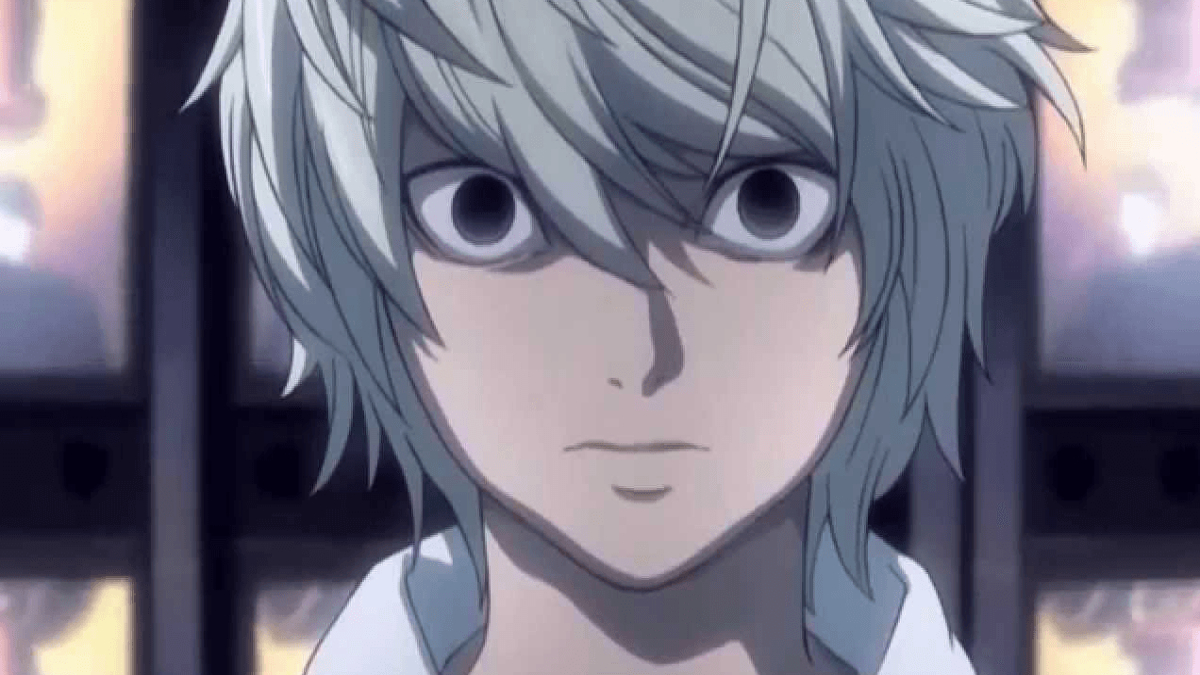
There are also two fake Death Note rules that Light writes down as part of a plan to clear himself of suspicion.
- If the person using a Death Note doesn’t write names of people to be killed within 13 days of each other consecutively, then the person using the note will be killed.
- If this Death Note is destroyed, all the humans who touched it up until that point will die.
There you have it! A comprehensive list of all the Death Note rules!



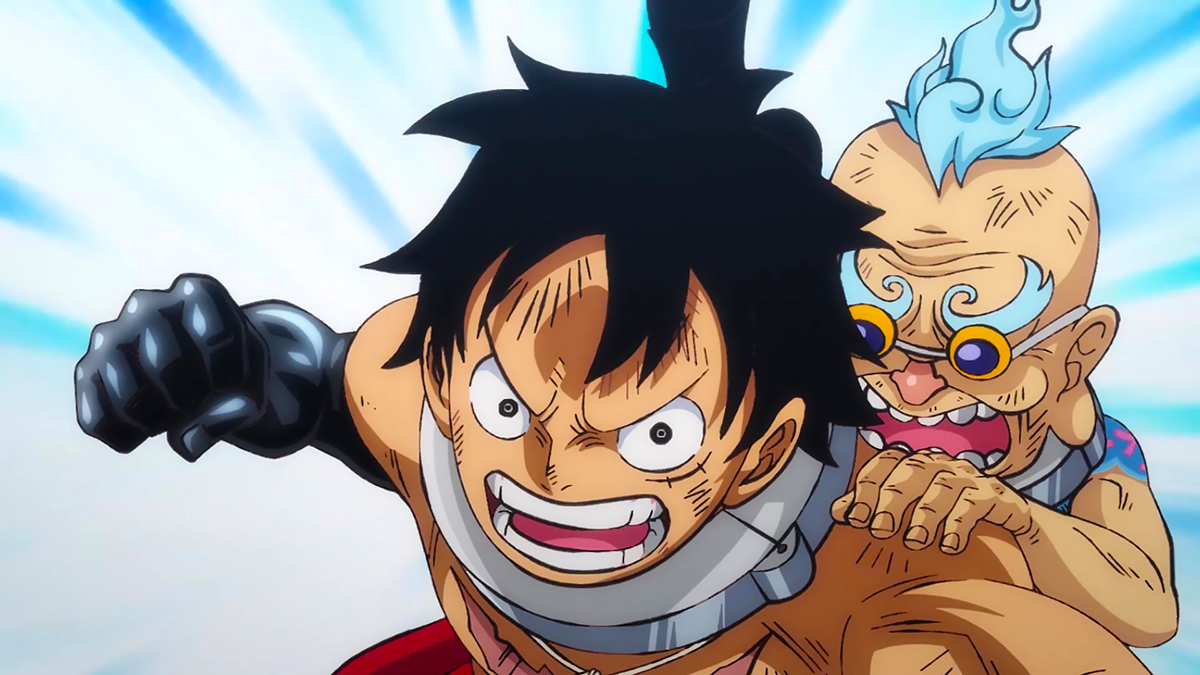
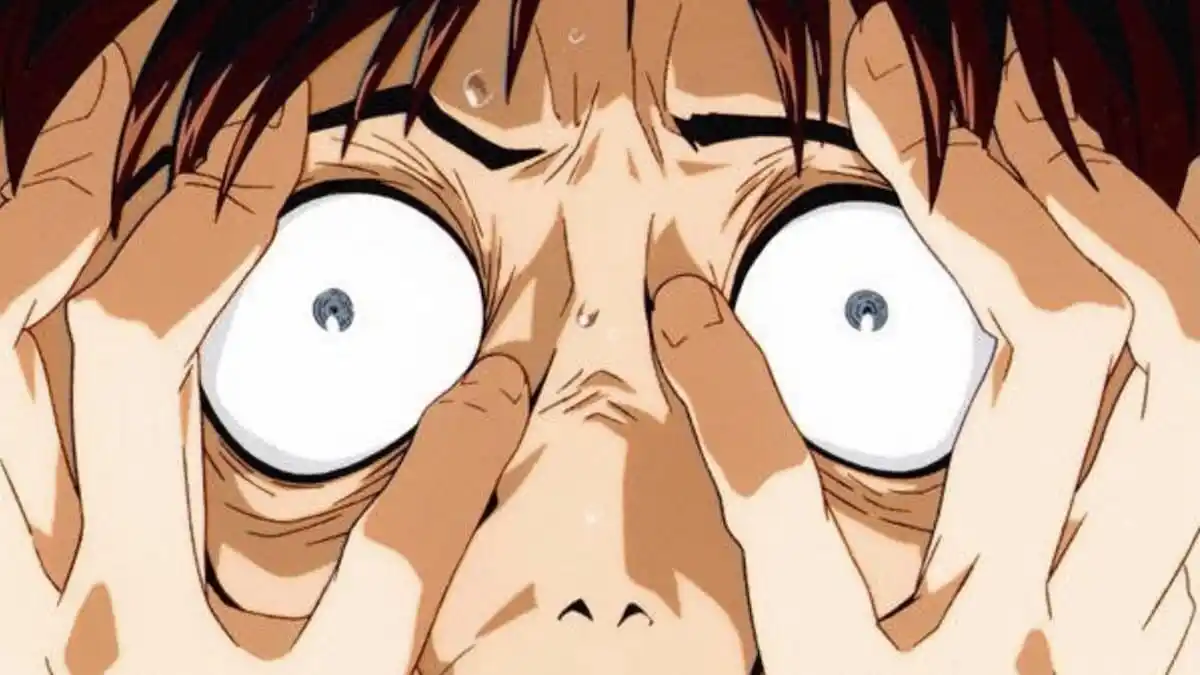
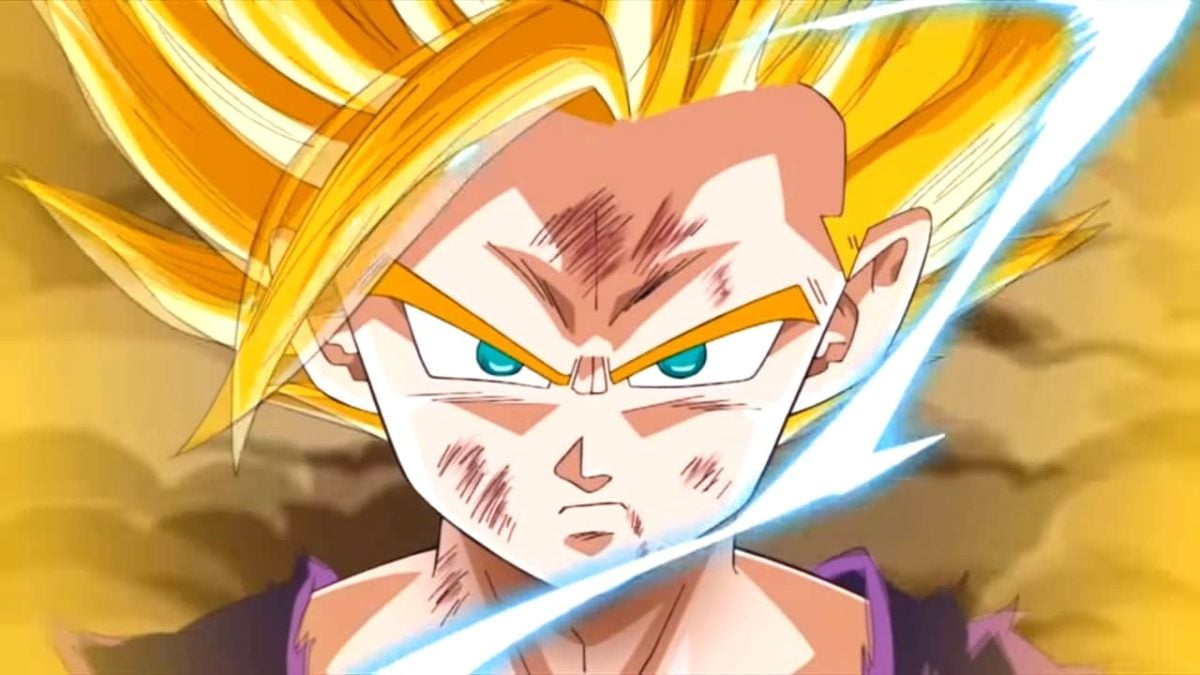
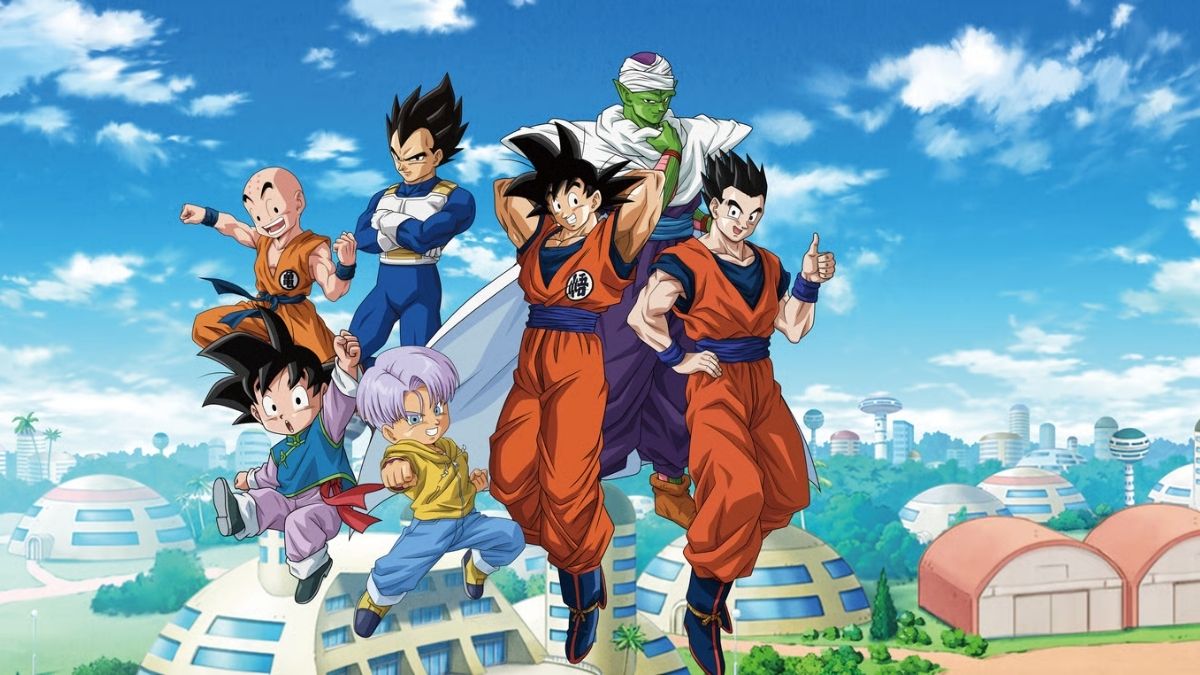
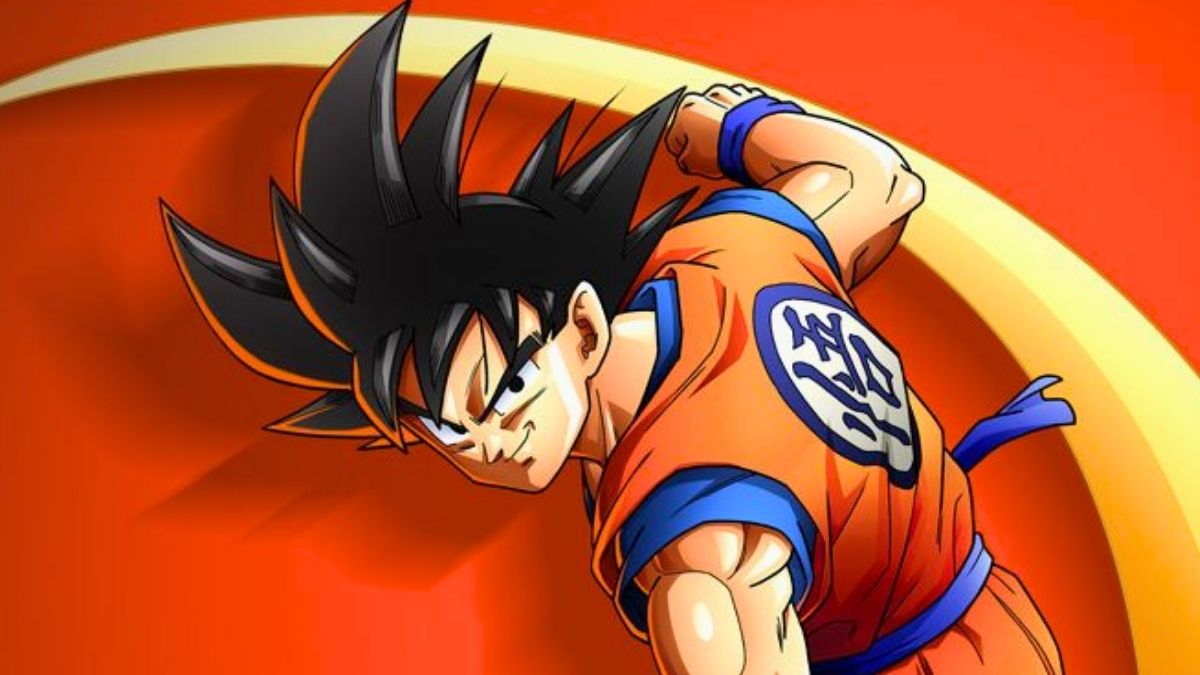

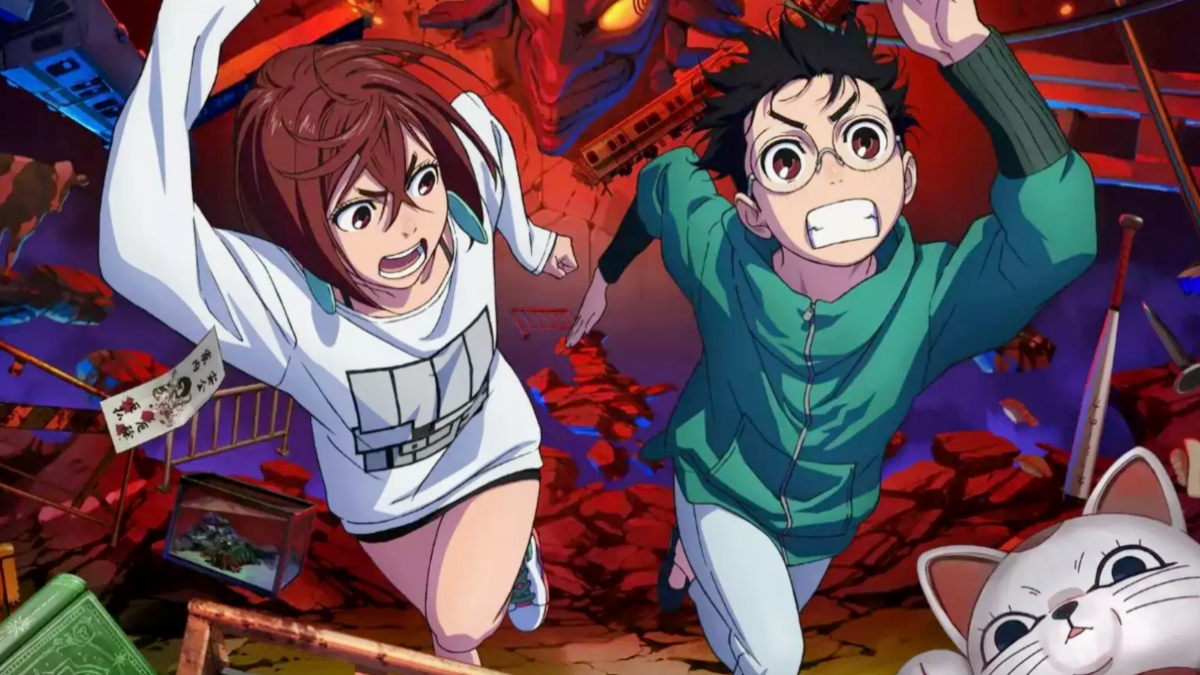
Published: Feb 14, 2023 01:21 pm